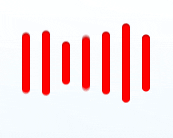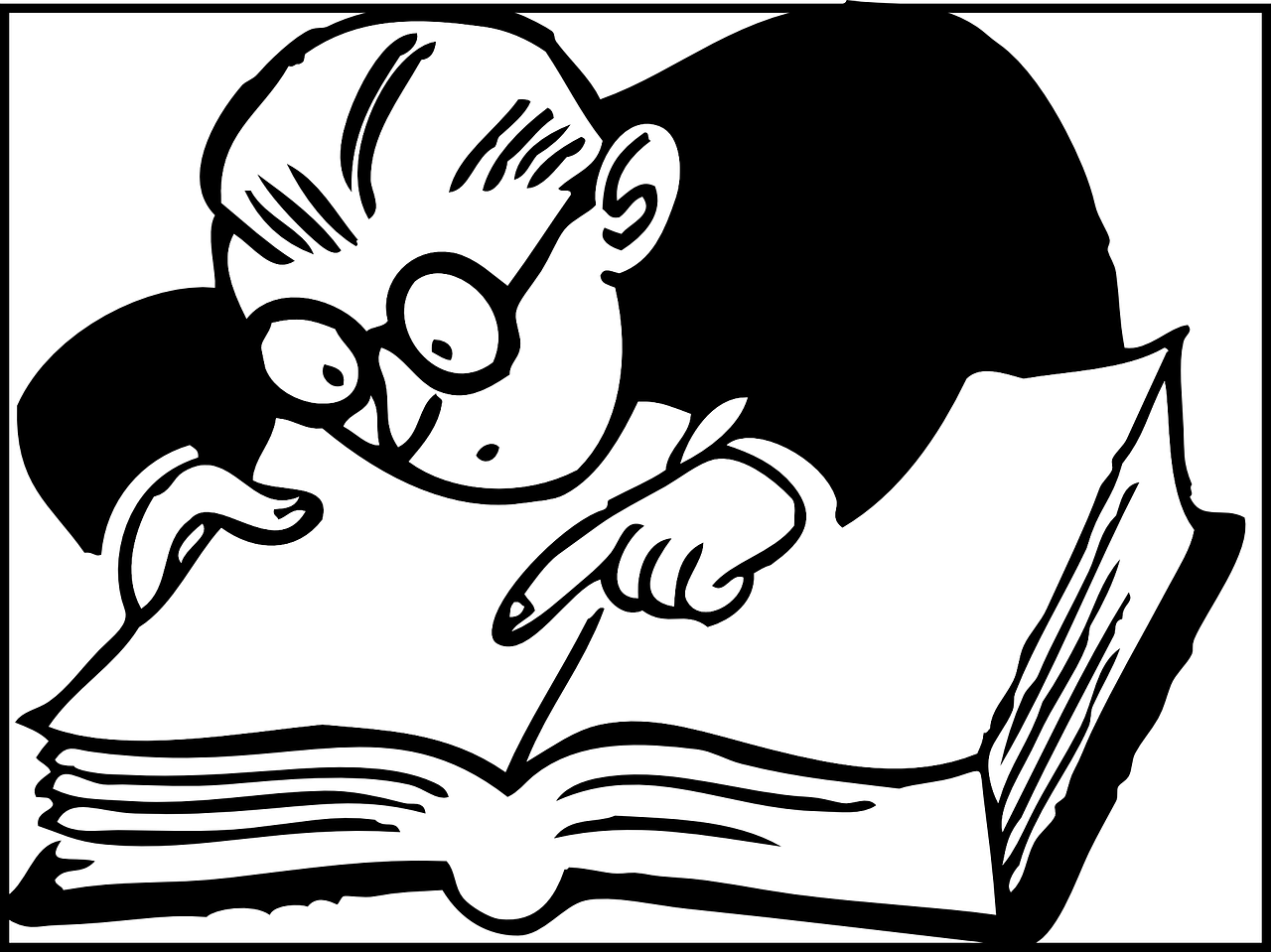

Money and shopping are integral parts of daily life. In this lesson, you will learn essential vocabulary related to money and shopping in English. Understanding these terms will help you communicate effectively when making purchases, discussing prices, and managing finances. Let's explore the world of money and shopping!
Common Money and Shopping Vocabulary:
Price: The amount of money required to purchase something.
Example: "The price of the dress is $50."
Cash: Physical money in the form of coins and bills.
Example: "He paid for his coffee with cash."
Credit Card: A plastic card issued by a bank that allows you to buy goods and services on credit.
Example: "She used her credit card to buy a new laptop."
Receipt: A piece of paper that shows proof of payment for something.
Example: "He kept the receipt in case he needed to return the item."
Sale: A period during which items are sold at reduced prices.
Example: "The store is having a big sale this weekend."
Discount: A reduction in the usual price of something.
Example: "She got a 20% discount on her shoes."
Change: The money returned to someone who has paid for something that costs less than the amount given.
Example: "He received $5 in change after buying a sandwich."
Shopping Cart: A large basket on wheels used for carrying items while shopping.
Example: "She filled her shopping cart with groceries."
Wallet: A small, flat case used for carrying money, credit cards, and identification documents.
Example: "He took out some cash from his wallet."
Additional Shopping Terms:
Store: A place where goods are sold.
Example: "They went to the store to buy some clothes."
Customer: A person who buys goods or services from a store or business.
Example: "The customer asked the cashier for assistance."
Cashier: A person handling payments and receipts in a store.
Example: "The cashier scanned all the items and processed the payment."
Exchange: To return an item and get another one in its place.
Example: "She exchanged the shirt for a different size."
Refund: Money returned to a customer for a returned item.
Example: "He received a full refund for the defective product."
Bargain: Something bought at a cheaper price than usual.
Example: "She found a great bargain on winter coats."
Money and shopping are integral parts of daily life.
In this lesson, you will learn essential vocabulary related to money and shopping in English.
Understanding these terms will help you communicate effectively when making purchases, discussing prices, and managing finances.
Let's explore the world of money and shopping! Common Money and Shopping Vocabulary: Price: The amount of money required to purchase something.
Example: "The price of the dress is $50." Cash: Physical money in the form of coins and bills.
Example: "He paid for his coffee with cash." Credit Card: A plastic card issued by a bank that allows you to buy goods and services on credit.
Example: "She used her credit card to buy a new laptop." Receipt: A piece of paper that shows proof of payment for something.
Example: "He kept the receipt in case he needed to return the item." Sale: A period during which items are sold at reduced prices.
Example: "The store is having a big sale this weekend." Discount: A reduction in the usual price of something.
Example: "She got a 20% discount on her shoes." Change: The money returned to someone who has paid for something that costs less than the amount given.
Example: "He received $5 in change after buying a sandwich." Shopping Cart: A large basket on wheels used for carrying items while shopping.
Example: "She filled her shopping cart with groceries." Wallet: A small, flat case used for carrying money, credit cards, and identification documents.
Example: "He took out some cash from his wallet." Additional Shopping Terms: Store: A place where goods are sold.
Example: "They went to the store to buy some clothes." Customer: A person who buys goods or services from a store or business.
Example: "The customer asked the cashier for assistance." Cashier: A person handling payments and receipts in a store.
Example: "The cashier scanned all the items and processed the payment." Exchange: To return an item and get another one in its place.
Example: "She exchanged the shirt for a different size." Refund: Money returned to a customer for a returned item.
Example: "He received a full refund for the defective product." Bargain: Something bought at a cheaper price than usual.
Example: "She found a great bargain on winter coats."
|
|

MoneyMoney |

He has a lot of money in his walletHe has a lot of money in his wallet |

CashCash |

She pays with cash at the storeShe pays with cash at the store |

Credit cardCredit card |

They use a credit card for online shoppingThey use a credit card for online shopping |

WalletWallet |

He keeps his money in his walletHe keeps his money in his wallet |

BankBank |

She goes to the bank to deposit her paycheckShe goes to the bank to deposit her paycheck |

ShoppingShopping |

They enjoy shopping for clothes on weekendsThey enjoy shopping for clothes on weekends |

StoreStore |

We need to go to the store to buy groceriesWe need to go to the store to buy groceries |

BuyBuy |

He buys a new phone from the electronics storeHe buys a new phone from the electronics store |

SellSell |

They sell their old furniture onlineThey sell their old furniture online |

PricePrice |

The price of the dress is too highThe price of the dress is too high |

DiscountDiscount |

They get a discount on their purchaseThey get a discount on their purchase |

SaleSale |

There's a big sale at the mall this weekendThere's a big sale at the mall this weekend |

ReceiptReceipt |

She keeps the receipt in case she needs to return the itemShe keeps the receipt in case she needs to return the item |

ChangeChange |

He gives her change after she pays for her coffeeHe gives her change after she pays for her coffee |

BargainBargain |

She loves to bargain at the flea marketShe loves to bargain at the flea market |

ShopperShopper |

She's a smart shopper and always finds good dealsShe's a smart shopper and always finds good deals |

CheckoutCheckout |

They wait in line at the checkout to pay for their groceriesThey wait in line at the checkout to pay for their groceries |

BudgetBudget |

They stick to a strict budget when shopping for groceriesThey stick to a strict budget when shopping for groceries |

CurrencyCurrency |

They exchange their currency for Euros when traveling abroad.They exchange their currency for Euros when traveling abroad. |
Congratulations! You have learned essential vocabulary related to money and shopping in English.
Use this vocabulary to enhance your communication skills when making purchases, discussing prices, and managing your finances.
Happy shopping! Q&A Section Question: What is a piece of paper that shows proof of payment called?
Answer: Receipt.
Question: What do you call a reduction in the usual price of something?
Answer: Discount.
Question: Who is the person handling payments and receipts in a store?
Answer: Cashier.
Question: What is physical money in the form of coins and bills called?
Answer: Cash.
Question: What is the term for money returned to someone after a purchase?
Answer: Change.